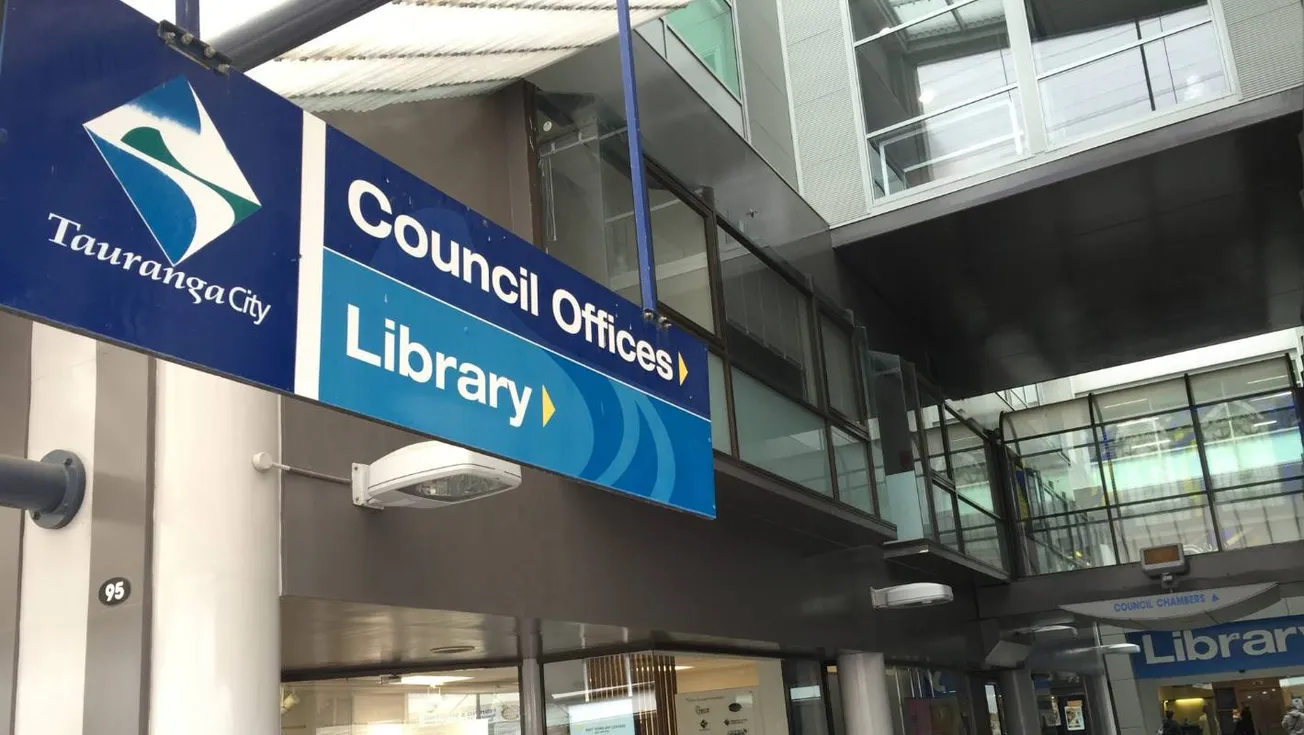Table of Contents
Tauranga City Council was in such a mess that it was replaced by a commissioner, Anne Tolley. No surprises that she recently noted that the situation was more difficult than she thought.
How bad is it?
A rates rise of 9.7% has been proposed. Not good, but not the worst in the country.
Except that excludes a targeted rate for rubbish collection, and a regional council public transport rate rise of 240%. The real total adds $400 to the average ratepayer for the year. No doubt there will be further increases next year.
Knowing that this is politically bad, council managers have offered to transfer a large proportion of the rates onto businesses, which Tolley thinks is a “fairer” system.
There are three problems with this.
Firstly, the rates ultimately get passed on to the general public through higher prices. It is a measure of civil servant ignorance that so many of them have never understood how the economy works.
Secondly, in every city of New Zealand, councils already operate a “rates differential” that sees commercial rates set at around three times residential rates. A “fairer” system would in fact, be the reverse of Tolley’s understanding.
Thirdly, an article published the same day lamented the dying Tauranga CBD with a count of 50 vacant shops, up from 20 a few years ago. A rates rise now is going to kill off more businesses.
The solution is not to argue over who will pay the higher rates, it is to reduce the rates rise for everyone. That means some radical changes are needed in the way councils operate. Perhaps it should start with managers who understand economics.
Please share this BFD article so others can discover The BFD.









